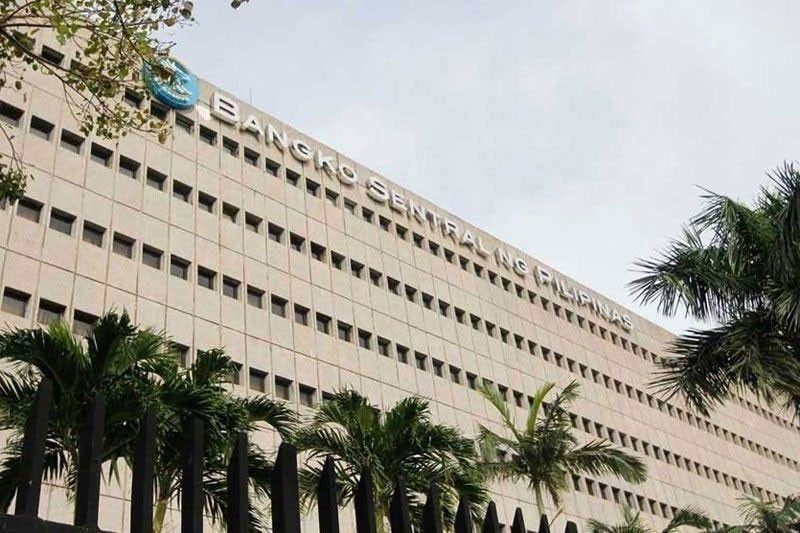BSP likely to raise rates by 25 basis points

MANILA, Philippines — The Bangko Sentral ng Pilipinas (BSP) is likely to deliver another 25-basis-point rate hike as it opts for a gradual tightening, short of the more aggressive 50-basis-point increase projected by most economists.
“I think most likely 25 basis points. Most likely, we’re not sure. We go by the data,” outgoing BSP Governor Benjamin Diokno said on the sidelines of his weekly hybrid press conference.
Economists have penciled in a more aggressive 50-basis-point rate hike on June 23 after the US Federal Reserve raised interest rates by 75 basis points last June 15, the highest since 1994.
“We don’t have to keep in step with the Fed,” Diokno said.
The incoming secretary of the Department of Finance (DOF) said the Philippines is not in the same place as other advanced central banks, including the US.
Diokno pointed out that the Philippines ranked seventh among 16 central banks in terms of real policy interest rates – the nominal policy interest rate that has been adjusted to remove the effects of inflation.
The BSP started its interest rate liftoff after it delivered a 25-basis-point rate hike last May 19, the first in more than three years or since November 2018, to curb rising inflationary pressures.
The central bank began its monetary easing in 2019, slashing key policy rates by 275 basis points – including 200 basis points as part of its COVID response measures – which brought the benchmark rate to an all-time low of two percent.
Monetary Board member and incoming BSP governor Felipe Medalla said in a interview on ABS-CBN News Channel that the central bank is seen delivering back-to-back rate hikes of 25 basis points each in June and August to anchor inflation expectations amid soaring oil and commodity prices due to the Russia-Ukraine war.
Medalla said the central bank is opting for a philosophy of gradualism, realizing that monetary policy could not turn back global pressures on prices.
Inflation accelerated to 5.4 percent in May from 4.9 percent in April and averaged 4.1 percent in the first five months of the year, exceeding the BSP’s two to four percent target.
According to Medalla, monetary
authorities would like to make sure imported inflation would not create second order effects as wages and transport fare reacted.
“One way to do that is to signal that the BSP will keep on adjusting the policy rates until we are comfortable that the change of inflation from one month to the next will be consistent with our target of two to four percent. That’s why, I already said we’re going to raise it by 25 bps this meeting and raise it by another 25 bps in August,” Medalla added.
The incoming BSP chief hinted that interest rates could further be increased until the end of the year depending on the data.
“We may even increase it further in the remaining two or three Monetary Board policy meetings,” Medalla said.
He stressed the importance for the BSP to signal to the market that it is preparing for a series of 25-bps increases.
“Exactly how many? We know it’s at least two more for this year and if necessary, more than two more and if necessary, more increases in 2023. But we don’t want to over-use that medicine because that medicine is not very effective on what we call supply shocks,” the incoming BSP chief said.
Chua Han Teng, economist at DBS Bank Ltd., sees a back-to-back policy rate increase of 25 bps is likely in June, with a decent possibility of a follow-up hike in August.
“We see some certainty in the future path of BSP’s rate hikes, with incoming Governor Medalla sounding a similar hawkish tone as outgoing Governor Diokno,” Teng said.
Teng pointed out that the central bank would be keen to temper rising inflation expectations to keep in line with its price stability mandate, and avoid falling behind the curve.
“We reckon that further policy normalization is likely, barring a significant economic slowdown, as policymakers are geared toward combating
above-target inflation. An economy that is recovering from the pandemic amid looser virus restrictions means that extreme pandemic-era accommodation is no longer needed,” Teng said.
- Latest
- Trending





























